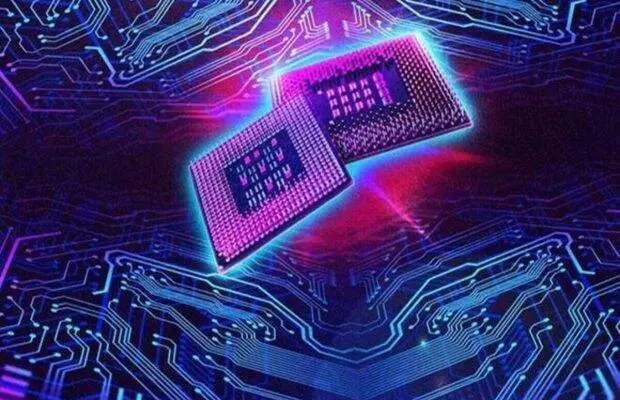Within a few years, the Tata Group could consider producing its own chipsets in India, the business has said. Tata Sons Chairman Natarajan Chandrasekaran reportedly stated in a recent report by Nikkei Asia that the company was in talks with “several players” seeking partnerships with current chip producers.

Tata has already announced a partnership with Tokyo-based Renesas Electronics in June this year, noted the report, which is based on semiconductor design and development. Chandrasekaran mentioned in the interview that the company has set up Tata Electronics, “under which we are going to set up a semiconductor assembly testing business.”
He continued by saying that the organisation is aiming to start up new firms in developing industries, such as electric vehicles (EVs).
The remarks are made at a time when the Indian government is eager to increase investments in the entire electronics sector. The Prime Minister has set an aim to boost the production of the electronics sector to $300 billion by 2025–2026, according to Rajeev Chandrasekhar, Union minister of state for entrepreneurship, skill development, electronics, and technology, who made the announcement last month.
He had also mentioned that the government intended to invest $30 billion in electronics and semiconductors, of which $20 billion would go toward production and design of electronics and $10 billion toward manufacturing, research, and design of semiconductors. An “India Semiconductor Mission” has also been unveiled by the government; it is “a specialised and independent business division inside the Digital India Corporation that aspires to develop a dynamic semiconductor and display ecosystem.”
The 28 nanometer or 65 nanometer semiconductor business model that supports sponsor quality, process technology, and capabilities is what we are aiming for instead of developing cutting edge technologies. According to the Indian Express, the minister had stated, “We will soon release an authorised proposal.
The majority of semiconductor manufacturing currently takes place in China, but the pandemic has shown that the world’s supply chains need to change. Chip demand is rising in the Indian market as well, particularly with the rise of electric vehicles (EVs). Tata is one of the major participants in the market and offers a number of EV alternatives for Indian automobile consumers.
According to the Nikkei story, Chandrasekaran anticipates that EV sales would surpass traditional internal combustion engine (ICE) sales in India by 2027, earlier than the previously anticipated timescale of 2030. As a result, the demand for chipsets will only increase.

